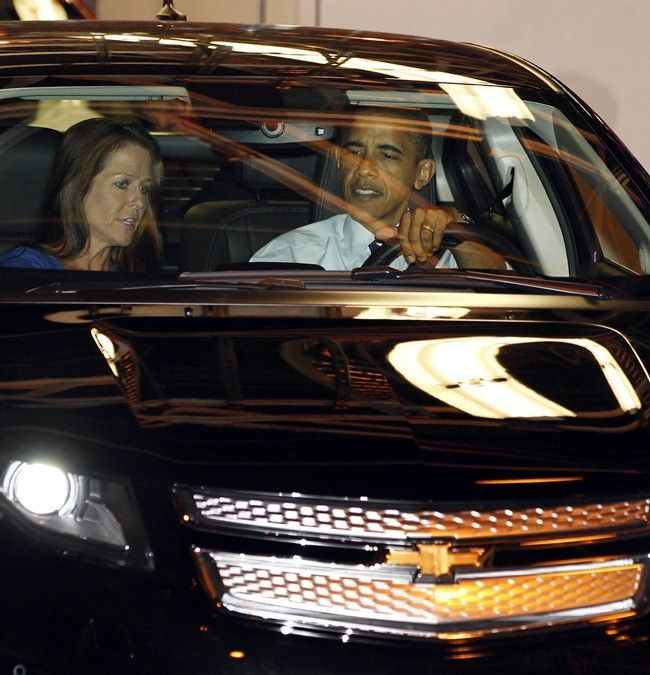U.S. may take loss on GM if shares stay constant

The U.S. government may take a loss on its $49.9 billion investment in the company if the share price remains at its $33.
The Treasury Department said Wednesday the government agreed to sell 358.5 million shares of GM common stock at $33 per share, for a total of $11.8 billion. Over the next 30 days it could raise an additional $1.77 billion if underwriters exercise their option to buy an additional specified amount of shares.
The government still has 553.8 million shares remaining, which at the current price amount to an $18.27 billion value. To regain its investment, the government would have to sell its remaining stake at $68.8 per share.
Shares were up 6.88 percent to $35.27 in early trading on the New York Stock Exchange.
On Wednesday, President Barack Obama the company's initial public offering a major milestone in its turnaround and for the American auto industry.
Through the IPO, the government cut its stake in the company by nearly half, he noted.
The bailout helped save jobs, rescue an industry at the heart of America's manufacturing sector, and make it more competitive for the future, he said in a released statement.
The President's top economic officer, Timothy Geithner said the IPO was an important step to recover taxpayer dollars and exit this investment as soon as practicable.
Shares would need to rise as high as $68.8.
The government has invested $50 billion in General Motors and will be getting as much as $13.6 billion from the IPO before paying fees associated with the offering. The government's stake in the company would fall from nearly 61 percent to about 37 percent, or 33.3 percent if demand is high enough.
Republic Sen. Orrin Hatch remarked on the bailout in an interview on Wednesday, saying the government shouldn't be picking and choosing, saying that doing so was not the way to go.
Once you get the government into it, there's always going to be cross ties that really will hamstring the industry and that particular company, he said.
© Copyright IBTimes 2025. All rights reserved.





















